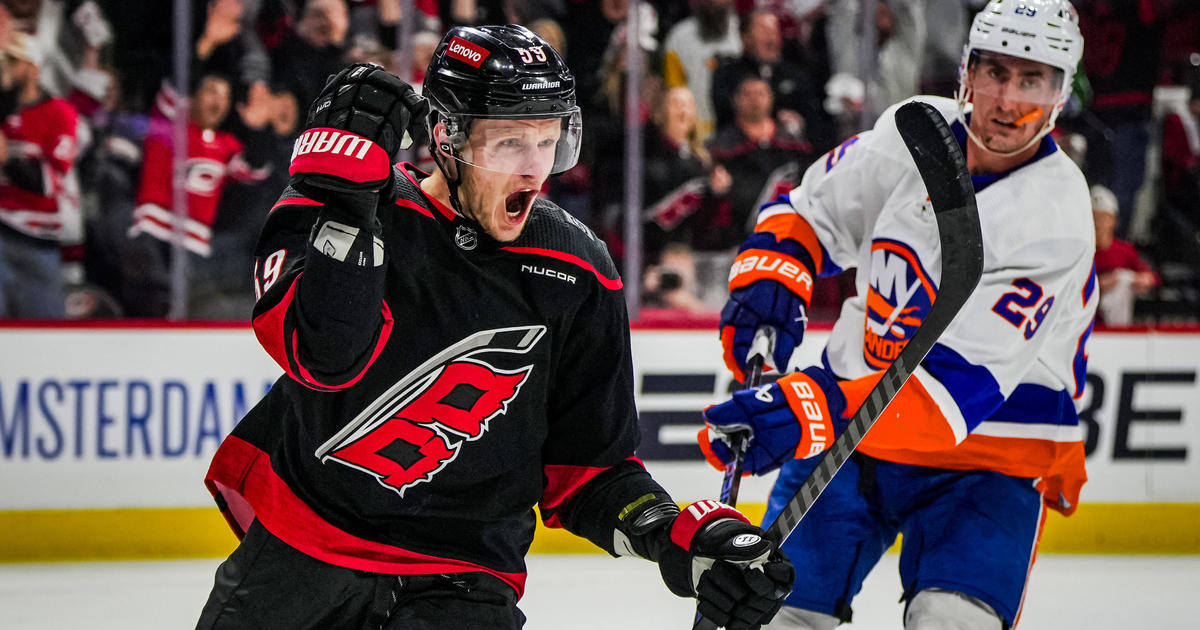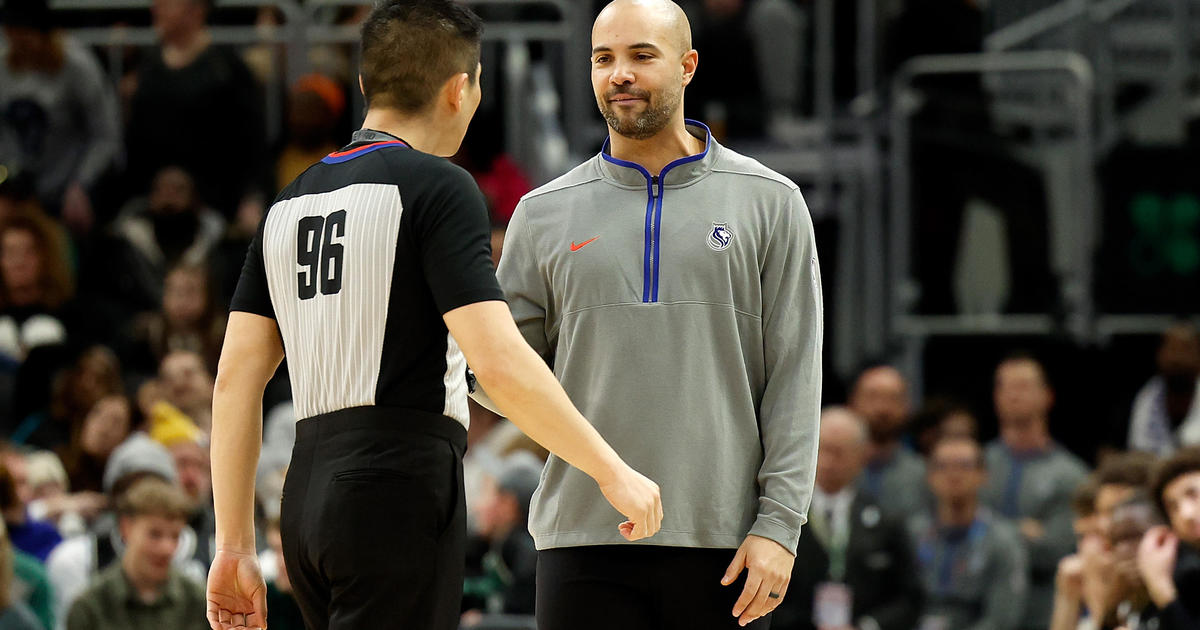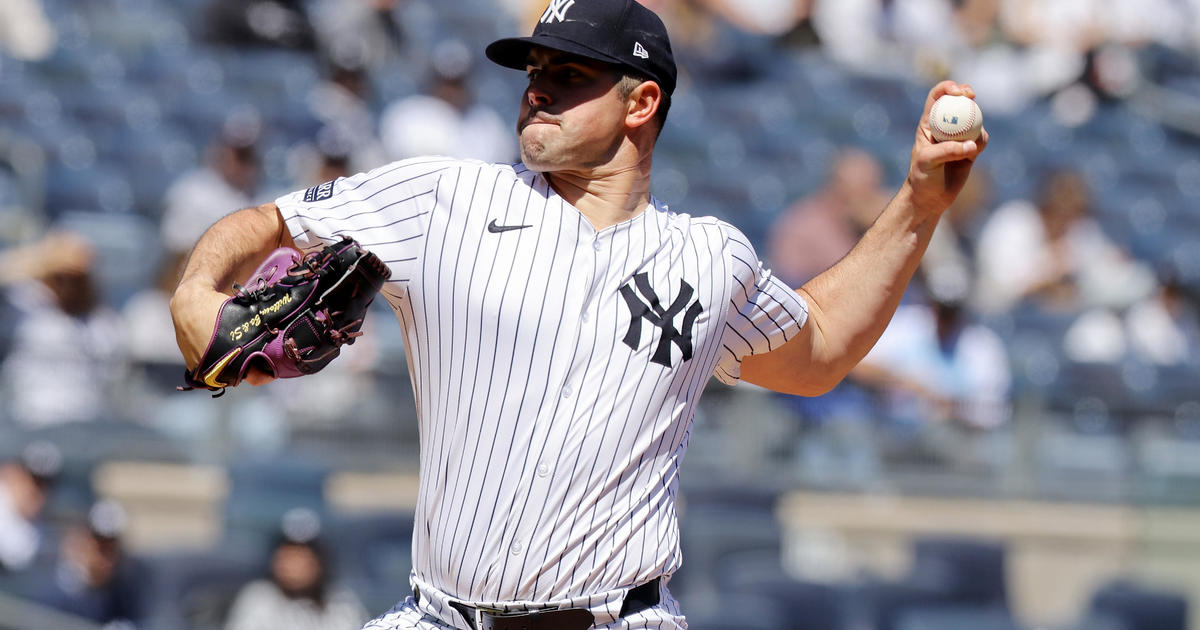Friedman: Islanders Need To Ditch Absurd RFA Policy, Get With The Program
By Daniel Friedman
» More Columns
With training camp just over a week away, there's been a lot of talk about Brock Nelson's contract situation, and the looming deadline for him to sign with the Islanders.
That's because the club's restricted free agent policy stipulates that a player must put pen to paper by the start of training camp, or he'll have to sit out the entire season.
Much of the public support has been directed towards the Islanders, which is understandable. He should just sign because he's "causing a distraction" and "doesn't deserve a better contract than Anders Lee," among other reasons that have been given.
It may very well be fair to suggest that Nelson doesn't deserve to be paid more than Lee at this juncture, and that he should put the team first and sign before training camp. I happen to agree, though in fairness, I also don't know the exact details of the offer that's been sitting on the table for weeks, per Newsday's Arthur Staple.
However, the reality is that what we think about the situation is irrelevant. It's about what Nelson thinks.
NHL players have the right to negotiate the terms of their employment, and they have the right to make offers or counter-offers that they feel are reasonable, irrespective of what others may feel.
As frustrating as this process may be, I feel that many have chosen to ignore or have simply forgotten that there are two sides to contract talks.
There is already a league-imposed deadline of Dec. 1 that makes an RFA ineligible to play that season, should he fail to sign a contract by then. That date should be the only relevant deadline under the current collective bargaining agreement. To add an earlier, stricter deadline on top of that is unfair.
Restricted free agents aren't slaves; they just negotiate with one team instead of several. But they still have the right to negotiate, and, according to the CBA, they have the right to do so until Dec. 1.
Does that take away a good chunk of leverage from the player? Yes, it does. But it doesn't mean he has to just sit down and shut up, either. He has zero obligations to accept the offer that's been made to him if he doesn't feel it's sufficient.
Legally, the Islanders are allowed to enact such a policy. There is nothing within the CBA that suggests otherwise, nor are the Isles technically refusing to negotiate (saying "here's our offer, take it or you're not playing this year" is considered negotiating).
However, the policy essentially penalizes a player for exercising his right to negotiate the terms of his contract – which, as has been stated, he is allowed to do until the first day of December.
Not only that, it just makes the player angry at the team, something that could possibly end with a trade demand and the loss of a good young talent. If you think Nelson is the one who looks bad in the end here, consider that the Isles are -- to my knowledge at least -- the only team in the league with such a policy, and that every agent will frown upon it.
The only ones who lose here are the Islanders. And don't think teams would steer clear of Nelson or label him a problem child. They'd be lining up to trade for him – and at a discount, too, because they'll know the Isles are desperate to rid themselves of a player who either refuses to play for them or has become irate about having to do so.
Withholding an important piece to the playoff puzzle just to prove a point might also upset the locker room. I can imagine players wouldn't be happy if the team did this. That might not be the intended ripple effect, but it's entirely within the realm of possibility.
There was a time when team owners wouldn't negotiate with agents. A player agent would call an owner and be told, "He can represent himself." There was a time when the reserve clause was legal. Times change, and so do the ways in which players negotiate contracts.
Can you imagine if the Montreal Canadiens did this with PK Subban? Or the Columbus Blue Jackets with Ryan Johansen?
"But they were All-Stars," people will say – which is like saying that the policy is fair, provided the player in question isn't a star. Do the same moral principles no longer apply in that case?
If it were John Tavares, I can assure you nobody would be siding with the Islanders here. Nobody would be yelling at Nelson to just shut up and walk away with whatever offer the Isles so graciously made him, because he should just consider himself lucky enough to play hockey for a living, and so on.
It's an age-old narrative that has grown stale over time. It ignores the current economics of both hockey and professional sports in general. It ignores the contract negotiation process and, by extension, it ignores reality.
This is a business -- both for teams and players alike. It's not Nelson's job to sign a contract when it's most convenient for you to see that happen. It's his job to get the closest offer he can get to what he feels he deserves. End of story.
And not that he's a star, but Nelson's no slouch. He's a very good, young hockey player, and one that the Islanders should want to keep in the fold. He's an important part of the team.
Personally, I don't like when players hold out. I don't like to see these types of situations, which is why I understand why the Islanders would like for him to sign before training camp.
However, I also have to accept that a player has certain rights, and that he's entitled to exercise them. It's a difficult part of the process for anyone who's either directly or remotely associated with it, but sometimes it's a necessary step.
When you're banning a player for the season, you're penalizing him. A penalty has to have justification. It has to be given in response to something that's against the rules. Brock Nelson isn't breaking any. He's negotiating a contract and it's taking longer than either side would like. But that's all he's doing.
There is already a league-imposed deadline for signing that makes the player ineligible. To impose an earlier deadline is unfair.
At the end of the day, nothing good can come of this policy if the Islanders actually attempt to enforce it. It's out of touch with the reality of pro sports economics and it's just going to end with a trade demand or, worse: a locker room full of players who will say all the right things but feel differently inside.
Let the negotiations drag on a little longer if they must. Nelson should eventually come to terms. There will be no hard feelings and the sides can continue chasing after their common goal of winning the Stanley Cup. It might not be a fun process, but it'll be worthwhile in comparison.
And if the two sides ultimately arrive at an impasse, then the Isles should trade him. Better to do that than to leave him simmering on the sidelines. Let's be honest: he's not going to want to be an Islander anymore if this happens.
We also don't truly know if it's the team's actual policy or just a bluff attempt, because they've rarely had to enforce the policy. Only Sean Bergenheim and Denis Grebeshkov were previous RFAs not to sign by training camp. Both played in Russia that season.
The game has arguably changed just as much off the ice as it has on it. It's time the Islanders correspondingly adjusted their RFA policy to reflect those changes.
I do think Nelson will sign by training camp, because I think at the end of the day, he'd rather play hockey than not.
But that doesn't mean the team's policy is a smart one.
Follow Dan on Twitter at @DFriedmanOnNYI



